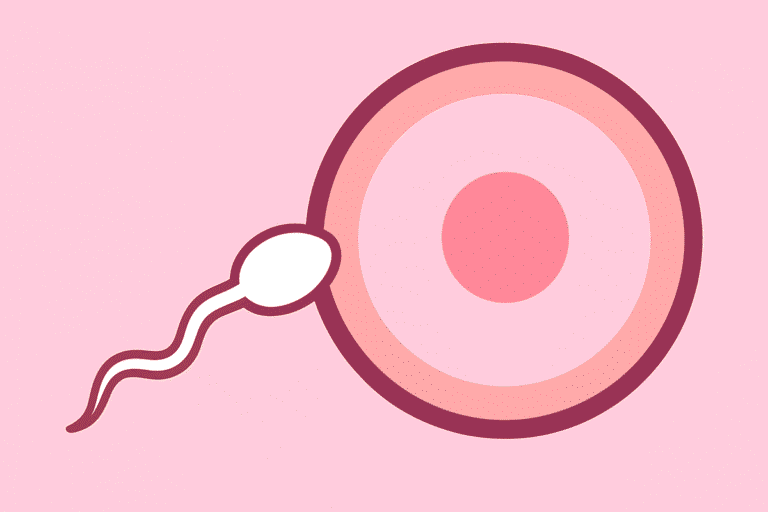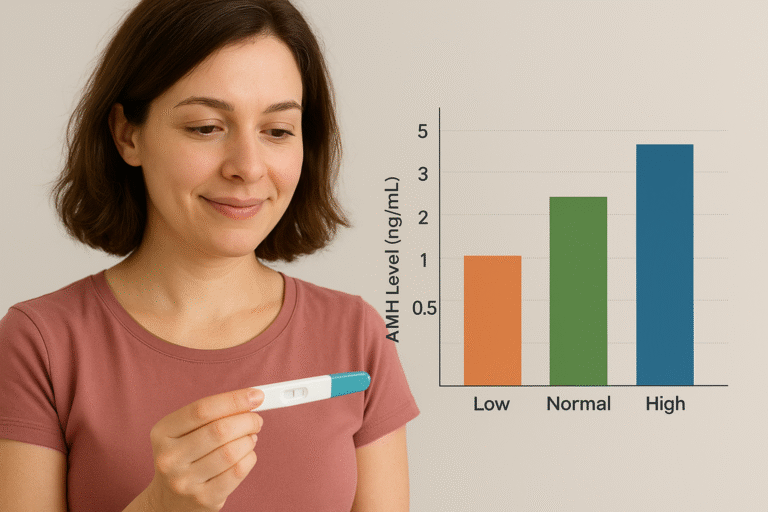Menopause ends a woman’s periods, but for many women, symptoms like hot flashes don’t go away. After menopause, it can last for years or even decades, which can be frustrating and make people feel unprepared. In this whole guide, we’ll talk about the less well-known causes, hidden triggers, and practical ways to deal with this frequent but sometimes misunderstood condition.
Understanding Hot Flashes After Menopause
What Are Hot Flashes?
Hot flashes are abrupt waves of extreme heat, sweating, and a fast heartbeat. They often make their face and chest turn red. Most of the time, it happen during perimenopause, but many women still get them beyond menopause because their hormones are still changing.
How Common Are Post-Menopausal Hot Flashes?
Studies show that up to 40% of women still have hot flashes 10 years or more following menopause. Genetics, lifestyle, and overall health are some of the most important things that keep them going.
Why Do Hot Flashes Persist After Menopause?
Hormonal Changes Aren’t the Only Culprit
Hot flashes are mostly caused by low estrogen levels; however, they aren’t the only thing that causes them. After menopause, the body’s thermostat (hypothalamus) is still sensitive to small changes in hormones, which can cause abrupt heat waves.
Also Read: How To Identify Premenopause
The Role of Stress and Lifestyle
Chronic stress, not getting enough sleep, and coffee might make hot flashes worse after menopause. Stress raises cortisol levels, which messes up the hypothalamus and makes symptoms worse.
Underlying Health Conditions
Insulin resistance, thyroid problems, and being overweight might make hot flashes worse or make them happen more often. Taking care of these problems often makes them happen less often and less strongly.
Hidden Triggers of Hot Flashes After Menopause
Dietary Surprises
It’s common knowledge that spicy foods, alcohol, and sugary snacks can cause hot flashes. But did you know that aged cheeses, processed meats, and caffeine can also make them worse? These things change how blood vessels open up and how neurotransmitters work.
Medications and Supplements
Some antidepressants, blood pressure drugs, and even over-the-counter vitamins like niacin can cause hot flashes after menopause. Always talk to your doctor about adverse effects.
Environmental Factors
Tight clothes, synthetic fabrics, and environments that are too warm can trap heat and make hot flashes worse. Choose layers that let air flow and keep your space cool.
The Health Impacts of Prolonged Hot Flashes
Sleep Disruption and Fatigue
Night sweats, which are a sort of hot flash, interrupt sleep cycles, which can make you tired all the time, cause mood swings, and lower your quality of life. Poor sleep over time might make your immune system weaker and your brain work less well.
Cardiovascular Risks
Studies have found that women who get hot flashes after menopause are more likely to get heart disease. Estrogen levels that change can have an effect on the health of blood vessels, which shows how important it is to take care of them ahead of time.
Emotional and Mental Health
Chronic hot flashes are linked to higher rates of anxiety and despair. Because symptoms are so unpredictable, people may withdraw from social situations or get angry.
Science-Backed Strategies to Manage Hot Flashes After Menopause
Lifestyle Modifications
- Wear layers: Lightweight, moisture-wicking textiles help keep your body temperature stable.
- Stay cool during flare-ups by using fans, cooling pillows, or cold packs.
- Get regular exercise: Moderate exercise helps balance hormones and lower stress.
Hormone Replacement Therapy (HRT)
HRT is still the best way to treat severe hot flashes after menopause. Low-dose estrogen patches or gels lower hazards while easing symptoms.
Non-Hormonal Medications
Antidepressants like SSRIs (such as paroxetine) and gabapentin can cut down on hot flashes by as much as 60%. Always talk to a doctor about your options.
Alternative Therapies for Hot Flashes After Menopause
Acupuncture and Mindfulness
Research shows that acupuncture can help lessen the severity of hot flashes by affecting the neurological system. Yoga and meditation, which are both forms of mindfulness, also lower stress hormones.
Herbal Remedies
Evening primrose oil, black cohosh, and soy isoflavones are all popular natural treatments. But the data is conflicting, so always talk to a doctor about it to avoid problems.
Cooling Techniques
When you get a heat flash, try timed breathing (6–8 breaths per minute) to get your body to calm down. Portable fans and cooling sprays are other good ways to cool off quickly.
When to Seek Help for Hot Flashes After Menopause
Red Flags to Watch For
If hot flashes make it hard to go about your day, make you dizzy, or come with irregular bleeding, you should see a doctor. These could be signs of problems with the thyroid or malignancy.
Personalized Treatment Plans
A menopause expert can customize treatments to meet your needs by combining lifestyle modifications, drugs, and holistic methods for the best results.
Final Thoughts: Take Control of Your Symptoms
You don’t have to let hot flashes after menopause run your life. You may get your comfort and confidence back by learning what makes you feel bad, using tactics that have been shown to work, and getting help from a professional. Don’t forget that you’re not alone; millions of women have gone through this successfully.
Key Takeaways:
- After menopause, hot flashes are caused by changes in hormones, stress, and food.
- Making changes to your lifestyle and taking HRT can help a lot.
- If the symptoms don’t go away, you should see a doctor.
Are you ready to fight? Find your triggers and look into the remedies above starting today!





[…] Hot Flashes (Hot Flushes): Sudden, strong feelings of heat that spread over the face, neck, and chest. They are often accompanied by noticeable flushing (reddening of the skin), a rapid heartbeat, and excessive sweating. After this, the body usually becomes cold, a condition known as a chill. Episodes might be as short as 30 seconds or as long as several minutes. […]
[…] Also read: Hot Flashes After Menopause: The Shocking Truth No One Shares […]